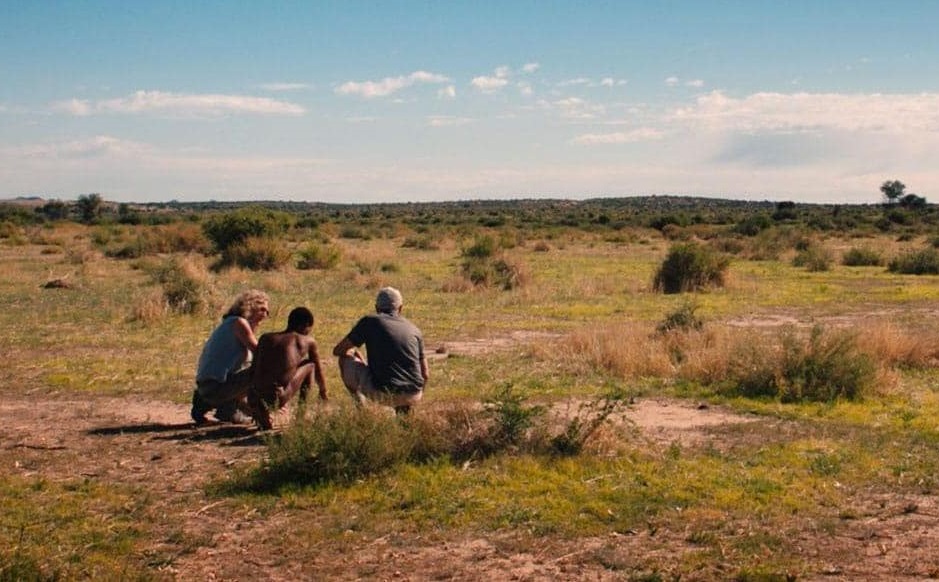The Data for Good movement encourages using data in meaningful ways to solve humanitarian issues around poverty, health, human rights, education and the environment.
How was Data for Good established and why?
In the early days of the Data for Good movement, SAS saw it as the perfect way for us to give back to society: Taking what we do best in the world (data & analytics) and using our technology and people to help the heroes on the front lines of the world’s most challenging problems.
Data for Good is focused on using analytics to help humanity. Can you share some examples of how SAS data has supported sustainability and inclusion?
SAS’ Data for Good program uses analytics and the data provided to us by our Data for Good partners to provide insights that are helpful to their mission.
Here are some examples of Data for Good projects that supported sustainability and inclusion:
- Sheltering 60,000 families after Nepal Earthquake – We used big data to help the UN provide shelter for 60,000 displaced families.
- Protecting the Amazon with ArtificiaI Intelligence (AI) - This project has earned several recognitions, including Fast Company’s Most Innovative Social Good Companies and World Changing Ideas as well as Inc. Magazine’s Best in Business and PRNEWS CSR & Diversity Awards for Environmental Stewardship. Over 1 million square kilometers of rainforest were profiled by crowd-sourcing users from 128 countries to train an AI algorithm to detect deforestation through this Data for Good app.
- Restoring communications after Hurricane Maria – We leveraged analytics to help responders restore communications by optimizing locations of 23 temporary cell towers.
- Tracking Endangered Cheetahs with AI – This video won 2 Emmy awards.
- Reaching GenZ with GatherIQ – A Data4Good mobile app was developed for an audience of over 5 million teachers, students, and parents around the 17 UN Global Goals and how data and analytics can help.Mux
- AI reveals racial disparities in New York City homeownership | SAS – This Data for Good project analyzed why black and brown home ownership in New York City is declining.

SAS works with major Fortune 500 companies. Are they increasingly seeking you out to help meet their sustainability or inclusion goals?
Yes. As ESG (Environmental, Social and Governance) becomes a prominent topic for investors, regulators and executives, we are seeing an increased desire from our customers to partner on Data for Good projects. Some want to leverage our Analytic Volunteers to help them in their philanthropic efforts, while others are asking us to help them set up their own Data for Good program to engage and empower their employees.
What kinds of data do impact-driven companies seek?
While we work with some companies, we primarily work with non-profit organizations as Data for Good partners. All of them seek insights and answers from analytics on how to have greater impact. We start each project by asking “What are the most important questions you need to answer?” and then we review the data they provide to see how to answer the questions. We get a variety of different requests. Some want to know how effective their programs are. For example, we performed analytics on one NGO’s data and shared that statistically, those who attended their programs were 2.5 times more likely to become employed than those who didn’t. Others come to us with optimization problems (questions that begin with “What is the best way to...” ). We helped one school system figure out the optimal way to open back up to students while adhering to their post-pandemic protocols. Others want help predicting or forecasting outcomes and needs. We just concluded a project that helps a non-profit better predict their “inventory” of underserved children in third-world countries who need a sponsor.
How do you choose your partners?
We select partners who are on the front lines of the world’s most pressing problems. As an analytics provider, we can be agnostic on the causes so we use the UN Global Goals as a guide and try to support projects in each of the 17 categories. However, some analytics on our employee profiles on LinkedIn revealed that Education and Environment are the top two interests for our employees. Our most important criteria for Data for Good partners is finding those who are able and willing to take action on the answers and insights we help provide. This gives our volunteers a stronger sense of pride and accomplishment when they see actions taken from their analyses, and encourages them to come back to volunteer again.
Which regions or countries are you working in primarily?
We are a global company and provide Data for Good assistance globally.
What are the growing trends you see in the intersection of data and sustainable development?
One trend we’ve already mentioned is an increased focus on social impact due to ESG pressures companies are feeling. This is driving more partners to seek out SAS’ Data for Good program since we’ve already developed infrastructure for making social impact and telling the stories publicly.
Another trend we are seeing, as organizations become more data literate, is that they are asking more advanced questions about impact that link topics that have not traditionally been linked before. One example is looking at how the pandemic not only impacted a country’s health system, but also a combination of their social, financial, and educational systems. Another example is how we helped the Malala Fund answer questions about how climate change was impacting young girls’ ability to receive an education around the world. We love using analytics to help innovate new solutions and help our Data for Good partners find answers to improve their impact on the world.